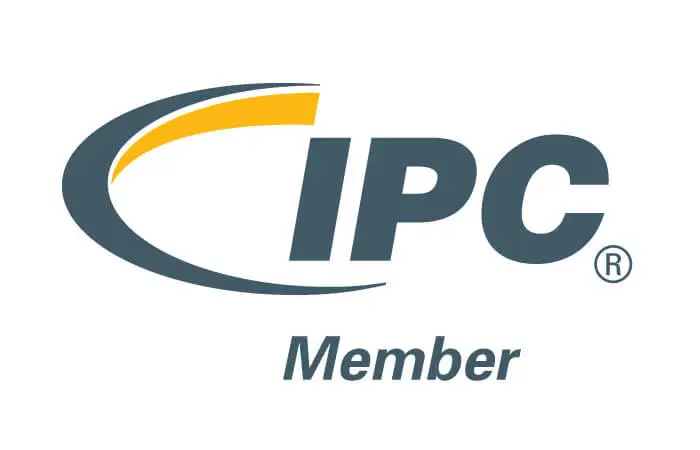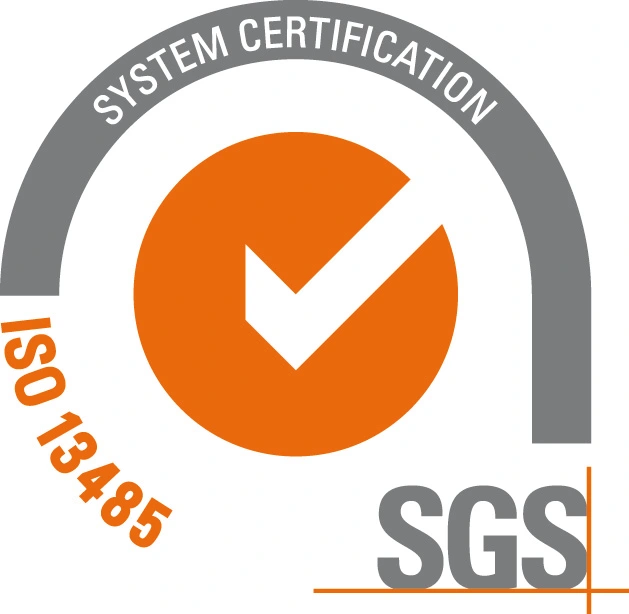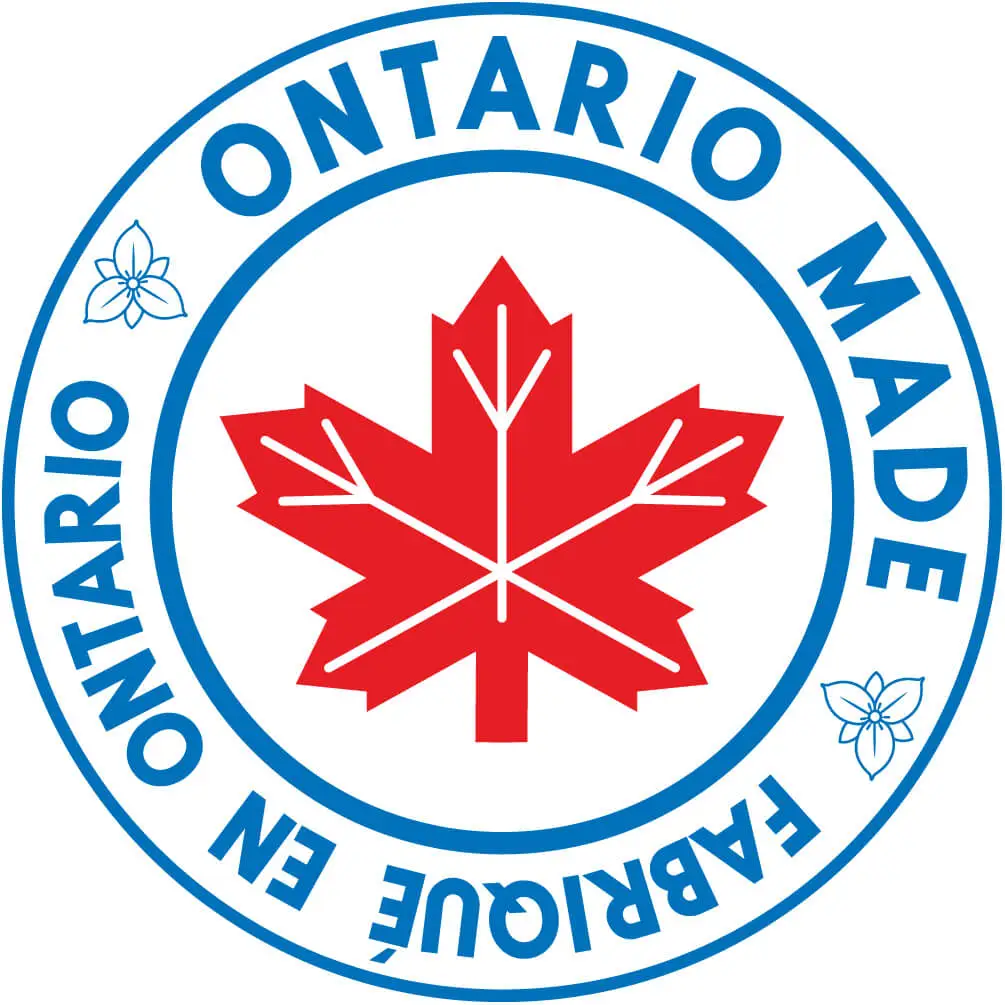TURN-KEY PCB ASSEMBLY: BITTELE ELECTRONICS
PCB MANUFACTURING AND ASSEMBLY
Full Turn-Key PCB Manufacturer
You can quickly get quotes and order PCB fabrication and assembly using our online system. Take advantage of exclusive automatic discounts with our tool. Our BOM pricing tool ensures you receive the lowest price for your order.
START A TURN-KEY PCB ORDER
What is Mass Production PCB Assembly
When it comes to scaling electronic products from concept to market, mass production PCB assembly is the linchpin that ensures reliability, efficiency, and quality at high volumes. For companies focused on producing sophisticated devices at scale, a dependable partner like Bittele Electronics offers unparalleled expertise and resources in this field.
From handling component procurement to ensuring flawless assembly, Bittele stands out as a mass production PCB manufacturer capable of meeting your most demanding needs.
What Is Mass Production PCB Assembly?
Mass production PCB assembly involves manufacturing printed circuit boards in large quantities, where each board is assembled to meet precise specifications. In terms of quantity, mass production typically involves assembling thousands to tens of thousands PCBs, depending on the project’s scale and client needs. This assembly process is vital for industries requiring consistent quality in every unit, such as consumer electronics, automotive, and telecommunications.
This approach not only reduces costs but also offers consistency across all units, allowing electronics manufacturers to deploy reliable products efficiently.
Why Is Mass Production Important?
For many businesses, mass production circuit board services are important for attaining scalability, cost-effectiveness, and product uniformity. Large-scale production reduces cost per unit by buying components and materials in bulk, which frequently cuts expenditures.
Moreover, having a dependable mass production circuit board circuit assembly process in place allows businesses to satisfy market demand while delivering their products on time.
Mass production also ensures that every board operates consistently, which is critical in industries where products must fulfill high quality and safety standards. When all the PCBs perform identically, the risk of failure diminishes, leading to greater customer satisfaction and brand trust.
Who Needs Mass Production?
Without a robust mass production capability, therefore, mass production PCB assembly is important for various industries like:
-
Automotive Industry
Vehicles are increasingly integrated with electronic systems that control everything from safety functions to navigation. High-quality PCBs in large quantities are essential to meet demand.
-
Consumer Electronics
Devices such as smartphones, tablets, and gaming consoles need large volumes of PCBs, all built to the same high-quality standard.
-
Medical Devices
The healthcare sector expects electronic components to be very reliable, especially in equipment that monitors patient health.
-
Telecommunications
Routers, cell towers, and other communication devices depend on mass production PCB assembly to operate reliably in large networks.
-
Startups
Startups scaling to the mass market and established companies introducing new products both rely on mass production capabilities to meet product demand while maintaining strict quality standards.
What Are the Key Steps Involved in the Mass Production Process of PCBs?
Bittele follows a series of though fully planned steps to ensure that mass production PCB assembly meets strict quality and efficiency standards:
- Bittele starts with a thorough review of circuit board designs to ensure they align with mass production requirements.
- Bitteles sources high-quality components from trusted suppliers to avoid delays and ensure consistency.
- Physical PCB boards are produced in high volumes, customized to design requirements.
- Boards undergo reflow soldering, securing components in place, and ensuring a strong electrical connection.
- After assembly, PCBs are subjected to quality checks, including automated optical inspection and functional testing.
- Finally, the completed boards are packaged and shipped to the client, ensuring safe delivery.
This structured approach enables Bittele to offer top-notch circuit boards efficiently, meeting even the most demanding deadlines in mass production PCB manufacturing.
What Types of Printed Circuit Board Assembly Services Does Bittele Offer for large volume of printed circuit boards?
Bittele offers a comprehensive range of services tailored to meet the unique requirements of PCB services. These include:
-
Turnkey Assembly
Bittele’s turnkey solutions encompass everything from PCB fabrication to final testing, providing a streamlined, hassle-free experience.
-
Surface Mount Technology
Bittele uses high-precision SMT equipment to place small components quickly and accurately. This is perfect for dense circuit designs.
-
Through-hole Assembly
By offering through-hole assembly flexibility, Bittele can handle mass production PCB assembly projects with diverse needs and robust mechanical strength.
With these options, Bittele’s clients can pick a service that aligns with their specific needs and production scale.
How Does Bittele Ensure Quality Control During the Mass Production of PCBs?
Bittele’s dedication to quality is unwavering, even when handling high-volume orders. Bittele has a strong quality control system that comprises many inspection stages and specialized testing equipment.
For instance, every board passes through automated optical inspection, which employs cameras and imaging software to detect any positioning or soldering problems. Bittele also uses in-circuit testing to ensure that each board operates properly, as well as X-ray inspections for multilayer boards where traditional inspection may be insufficient.
Bittele emphasizes Design for Testability (DFT) as part of its approach to mass production PCB services. DFT refers to incorporating features in the PCB design that make testing easier during and after assembly. In high-volume manufacturing, DFT helps identify potential issues early in the process, reducing rework costs and ensuring a seamless production flow.
By collaborating with clients during the design stage, Bittele ensures that PCBs are optimized for efficient testing. Features like accessible test points, proper probe spacing, and simplified circuit paths help streamline the testing process. DFT not only minimizes cost but also boosts production efficiency, making it a cornerstone of reliable mass-production PCBs.
What Is the Typical Lead Time for Mass Production Orders at Bittele?
Bittele’s efficient manufacturing workflow enables it to provide mass production PCB assembly in industry-leading lead times. The typical lead time for mass manufacturing is four to six weeks, depending on the design complexity, order volume, and any unique customization necessary.
However Bittele values flexibility and will collaborate with clients to meet shorter deadlines whenever possible. Bittele’s ability to deliver on time while meeting high standards makes it a valuable partner for companies operating on tight schedules.
What Technologies and Equipment Does Bittele Use to Enhance Production Efficiency?
Bittele’s facility is equipped with innovative technologies that enhance efficiency and precision in mass production PCB assembly. For example, high-speed pick and place machines can precisely place components on boards at a fast speed, which is critical for mass production PCB manufacturing.
Reflow ovens used in SMT can heat solder paste to attach components to the printed circuit board firmly. For through-hole assembly, wave soldering ensures reliable solder joints. Moreover AOI and X-ray inspection offers inspection without slowing down the production process.
How Does Bittele Manage Inventory for Large-Scale Pcb Assembly Projects?
Bittele’s inventory management system is specifically designed to handle huge orders with ease. They work closely with suppliers to ensure that they have enough components on hand, preventing manufacturing delays caused by part shortages.
Bittele also keeps critical components in-house, especially for high-demand parts, allowing them to speed up the assembly process for time-sensitive projects. Through these qualities, Bittele established itself as a dependable mass production PCB assembly house.
What Are the Advantages of Choosing Bittele for Mass Production Compared to Other Manufacturers?
Choosing Bittele for mass production PCB assembly comes with a host of advantages. By offering turnkey services, Bittele simplifies the production process, saving clients time and resources. Additionally, Bittele’s rigorous quality checks ensure consistent reliability across all units.
Moreover, Bittele’s commitment to quality is exemplified by its ISO 9001 certification, a globally recognized standard for quality management systems. ISO 9001 certification also reflects Bittele’s focus on customer satisfaction, continuous improvement, and adherence to industry best practices. Clients working with Bittele can trust that their PCBs are manufactured in a controlled, high-quality environment.
Despite handling large volumes, Bittele’s production process is optimized for speed. Moreover, Bittele provides customizable options for assembly techniques, coatings, and finishes to meet specific client needs. ISO 9001 certification, combined with Bittele’s advanced manufacturing techniques, solidifies its reputation as a top-tier mass production PCB assembly house.
How Does Bittele’s Facility Expansion Impact Its Production Capacity for Mass Orders?
As demand for mass production PCB services grows, Bittele has expanded its facilities to accommodate larger orders. This expansion allows Bittele to take on more large-scale orders without compromising on lead times or quality. Bittele is better equipped than ever to handle high-volume orders with the same degree of accuracy and care that it is known for.
This is all due to additional production lines, improved technology, and an increased workforce. This makes Bittele an appealing option for mass production circuit board assembly.
Testing Methods Used in Mass Production PCB Assembly
Testing is a crucial step in ensuring the quality and reliability of large volume PCB assembly. Bittele Electronics employs a range of advanced testing methods tailored to meet the unique requirements of each project and client.
AOI uses high-resolution cameras to detect surface defects like misaligned components or soldering errors, ensuring accuracy. Furthermore, solder paste inspection checks the precise application of solder paste. This prevents common issues such as insufficient bridging, which is critical for high-density designs.
Moreover, ICT probes test points on the PCB to verify electrical integrity. Bittele also employs X-ray inspection to examine internal structures and detect hidden defects in multilayer boards. To ensure the PCB meets its intended performance requirements, Bittele uses functional circuit testing.
Whether it’s a client-requested focus on solder joint inspection through SPI or a comprehensive quality assurance strategy that includes AOI, ICT, and FCT, Bittele’s testing approach is flexible and adaptive. This client-focused approach underscores Bittele’s dedication to excellence.
Conclusion
In today’s competitive electronics market, mass production PCB assembly is essential for businesses looking to bring reliable products to market efficiently and at scale. Bittele Electronics offers the perfect blend of technology, expertise, and reliability.
Contact Bittele Electronics for your mass production PCB assembly needs and experience the difference that quality, expertise, and technology can make.
Related Articles:
Please briefly describe the information you are seeking in the search bar below.






 English
English